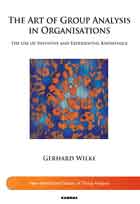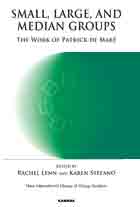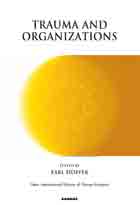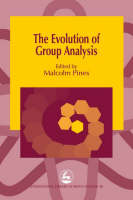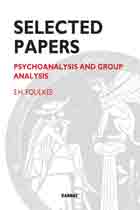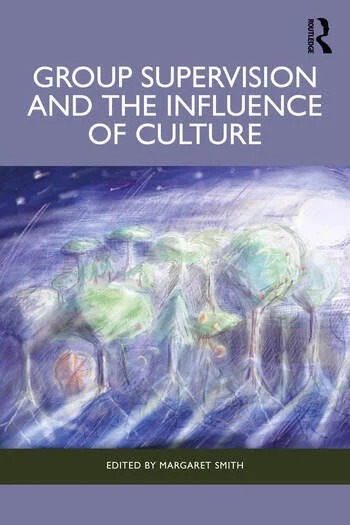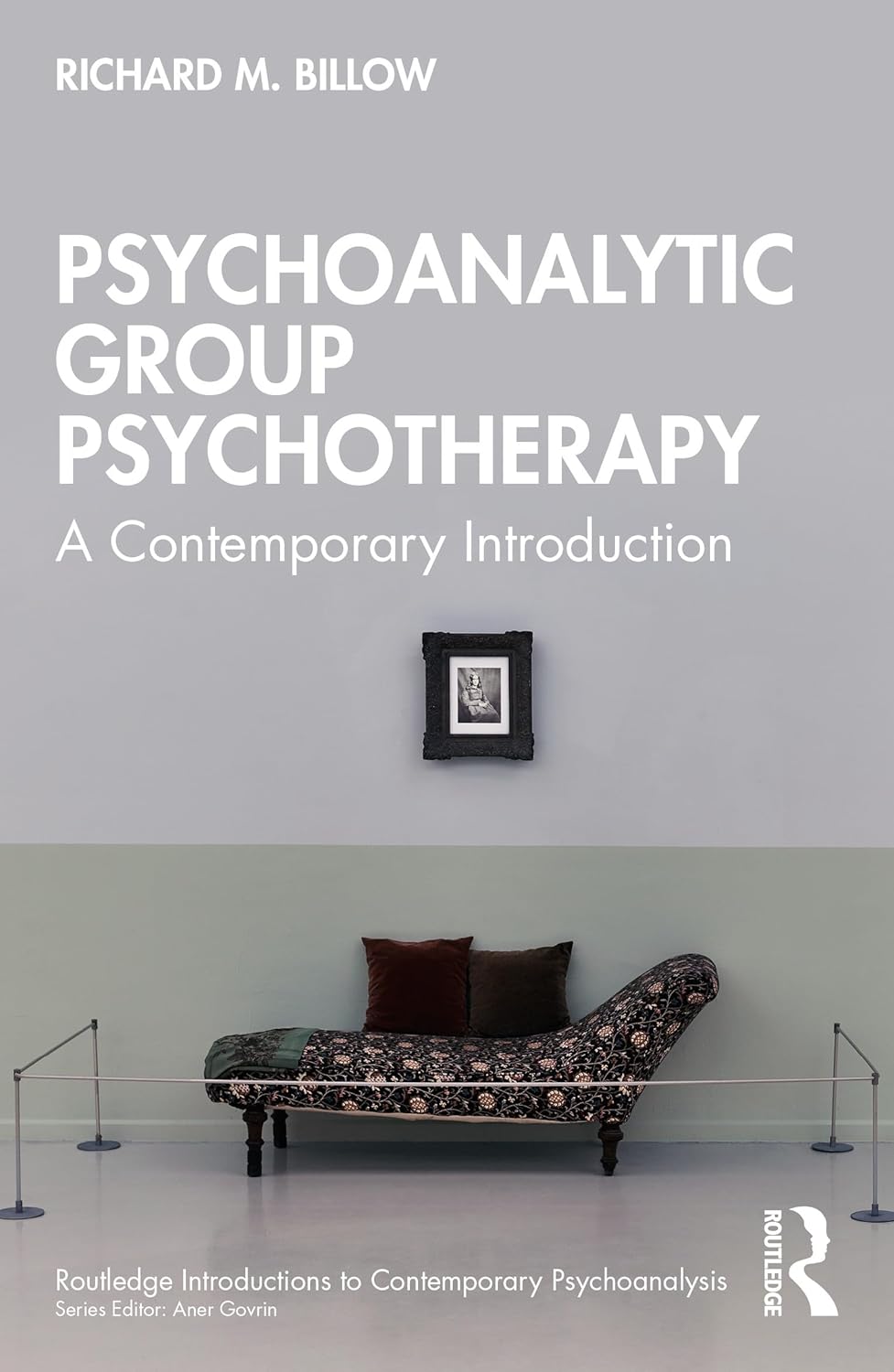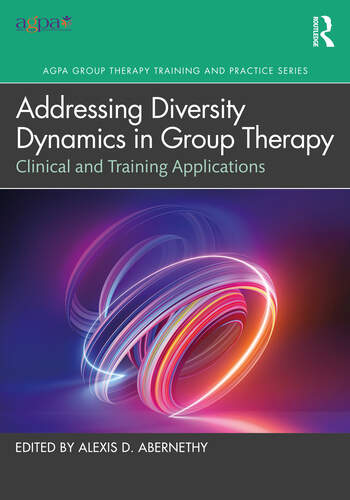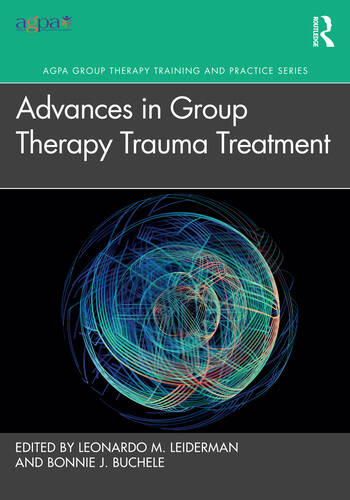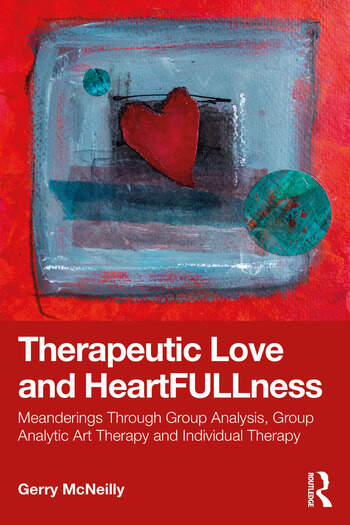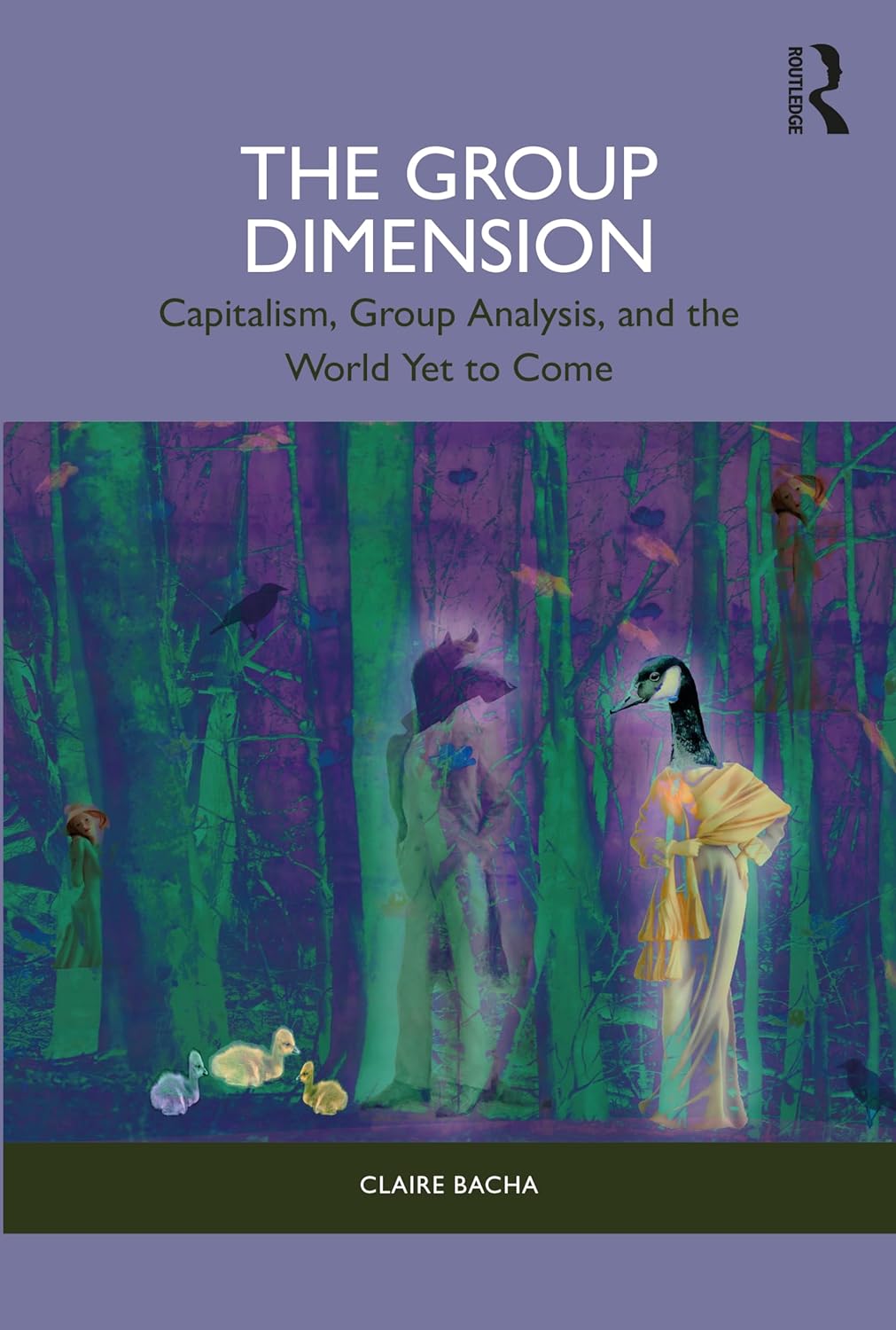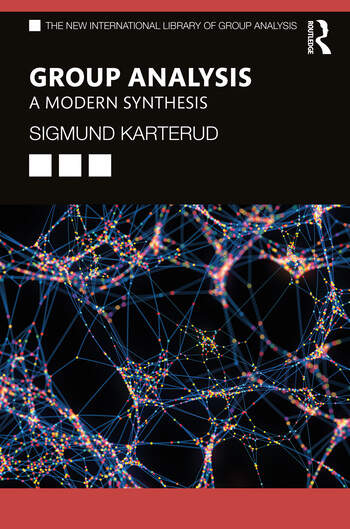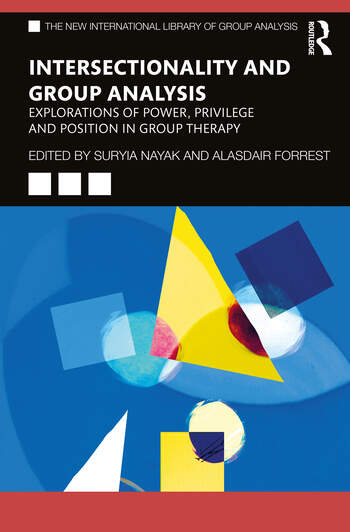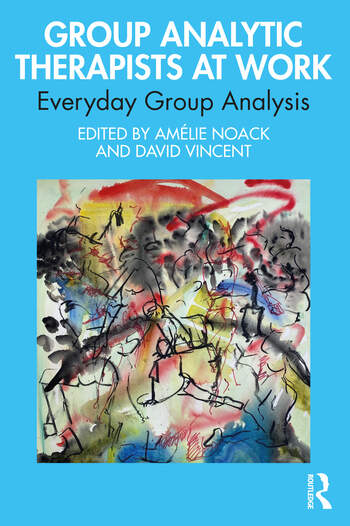Group Psychotherapy Books
The Art of Group Analysis in Organisations: The Use of Intuitive and Experiential Knowledge
Leaders, teams and organisational consultants are faced with a situation of permanent transitions. The current world of organisations is full of beginnings and incomplete endings. The author assumes... (more)
Small, Large and Median Groups: The Work of Patrick de Maré
'This book is a remarkable tribute to the memory of Pat de Maré. You will find in these pages a selection of his work that represents his new and different understanding of groups, both large and... (more)
Trauma and Organizations
This collection of new contributions from psychoanalysts, group analysts and organisational consultants from Europe, Australia and the United States examines the patterns of conscious and unconscious... (more)
Resistance, Rebellion and Refusal in Groups: The 3 Rs
Richard M. Billow expands and develops his ideas, first presented in Relational Group Psychotherapy: From Basic Assumptions to Passion. He constructs a theoretically sophisticated, yet... (more)
Living on the Border: Psychotic Processes in the Individual, the Couple, and the Group
This book centres on the problem of psychosis, understood from a psychoanalytic perspective, as it manifests itself in different contexts and different levels of organisation: from the individual... (more)
Social Dreaming in the 21st Century: The World We Are Losing
We are running out of ideas in Western society. Faced with global warming, Third World devastation, nuclear proliferation and the threat posed by religious conflict, we need new ways of thinking.... (more)
Introduction to Social Dreaming: Transforming Thinking
This preliminary text explores the phenomenon of social dreaming, a concept first introduced at the Tavistock Institute in 1982. The focus is on the dream and the social context of the dreamers... (more)
Experiences in Social Dreaming
Social Dreaming is the name given to a method of working with dreams that are shared and associated within a gathering of people, coming together for this purpose. In the first chapter, he outlines... (more)
The Evolution of Group Analysis
S.H. Foulkes was the founder of the group-analytic school of group psychotherapy. This volume represents an introduction both to his work, and to developments based on it. Subjects covered include... (more)
Observing Organisations: Anxiety, Defence and Culture in Health Care
The book explores the idea that to prevent or solve problems within organisations, one needs to look not only at the conscious elements, but also to understand the unconscious aspects. It presents a... (more)
Workbook of Group Analytic Interventions
This book is designed to complement the academic and experiential training of therapists. It gives practical insights into how to deal with difficult situations. Particularly useful for those at the... (more)
Introduction to Groupwork: A Group-Analytic Perspective
Building on the individual's personal experience of groups, starting in the family, the authors offer an account of why things happen as they do in groups, providing a basis for developing groupwork... (more)
Therapeutic Communities: Past, Present and Future
The concept of the Therapeutic Community challenges orthodox psychiatric management, propounding a radical, group-based therapeutic approach which is opposed to many current policies and approaches.... (more)
Ideology, Conflict, and Leadership in Groups and Organizations
This text integrates current knowledge of the psychodynamics of individuals, groups and organizations into a theoretical framework. The author shows how the interplay of libidinal and aggressive... (more)
Group Analytic Psychotherapy: Method and Principles
Group analysis is a form of psychotherapy in small groups and also a method for studying groups and the behavior of human individuals in their social aspects. Apart from a number of practical... (more)
Selected Papers: Psychoanalysis and Group Analysis
The collection of Foulkes' papers, which includes some unpublished material and some published in English for the first time, comprises not only the later Group-Analytic writings but also those from... (more)
The Personality of the Organization: A Psycho-dynamic Explanation of Culture and Change
Argues that current theories about organisational culture fail because they concentrate on simple, surface issues, and make no attempt to deal with underlying, unconscious processes. Taking concepts... (more)
Group Supervision and the Influence of Culture
Group Supervision and the Influence of Culture explores key themes in group analytic supervision, highlighting the value of thinking that encompasses different perspectives.
In this book... (more)
Working More Creatively with Groups: Fifth Edition
In this classic text Jarlath Benson presents the basic and essential knowledge required to set up and work with a group. He looks at how to plan and lead a group successfully and how to intervene... (more)
Psychoanalytic Group Psychotherapy: A Contemporary Introduction
In this comprehensive volume, Richard M. Billow provides a thorough introduction to group psychotherapy from a psychoanalytic perspective.
Billow integrates contemporary psychoanalytic... (more)
Addressing Diversity Dynamics in Group Therapy: Clinical and Training Applications
This book illustrates group dynamics and group interventions in response to diversity-related content and processes in group therapy.
Perspectives informed by conceptual frameworks guide the... (more)
Advances in Group Therapy Trauma Treatment
Advances in Group Therapy Trauma Treatment contains compelling theoretical, clinical, and research advances in group trauma therapy by leading experts in the field. This timely book includes... (more)
Therapeutic Love and Heartfullness: Meanderings Through Group Analysis, Group Analytic Art Therapy and Individual Therapy
This book introduces the concepts of “therapeutic love” and “heartfullness,” combining models of group analysis, art therapy, and individual psychotherapy to present a new psychotherapeutic framework... (more)
Advances in Group Psychotherapy: Living in the Passionate Bad Fit
Advances in Group Psychotherapy presents an exploration of the work of Stewart Aledort in group psychotherapy.
The book covers key areas of Aledort’s work in group psychotherapy, including... (more)
The Group Dimension: Capitalism, Group Analysis, and the World Yet to Come
The Group Dimension presents a thorough exploration of the history and theory of the group dimension, particularly in the context of modern capitalist society.
The book traces the development of... (more)
Tolerance - A Concept in Crisis: Psychoanalytic, Group Analytic, and Socio-Cultural Perspectives
This book examines tolerance as a concept under crisis, exploring its origin and functions, and how it can be at risk of replacement by moral intolerance or retributive justice in turbulent... (more)
Group Analysis: A Modern Synthesis
Group Analysis outlines how clinical group analysis can re-establish itself as a leading paradigm for group psychotherapy.
Sigmund Karterud explains how the focus of group analysis and its... (more)
Intersectionality and Group Analysis: Explorations of Power, Privilege and Position in Group Therapy
Drawing on clinical practice, this book explores how the Black feminist idea of intersectionality is vital to all group work practices, including group analysis.
Intersectionality enables... (more)
Group Analysis for Refugees Experiencing Trauma
In this prescient and sensitive volume, Aida Alayarian looks at how psychoanalysis in group settings can benefit refugees who have experienced trauma, with an express focus on transference and... (more)
Group Analytic Therapists at Work: Everyday Group Analysis
Group Analytic Therapists at Work is an accessible introduction to the experience of being in group analytic psychotherapy from a wide range of perspectives.
Written by members of the Group... (more)


